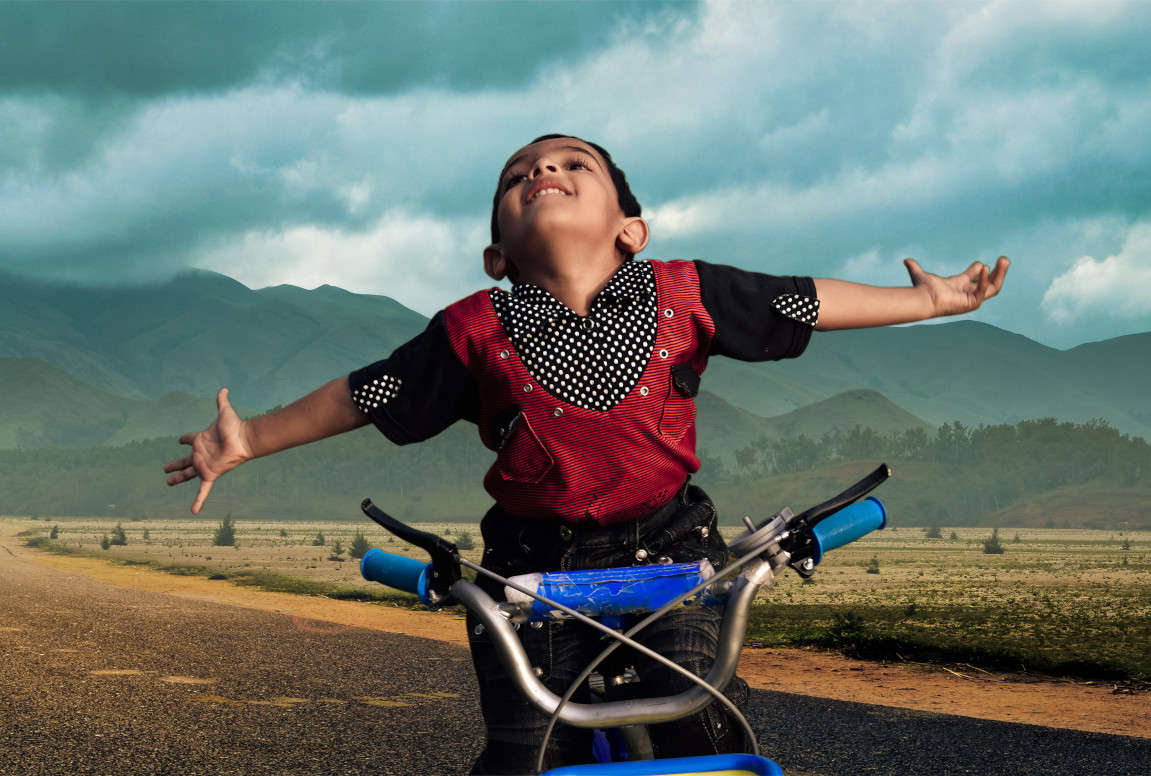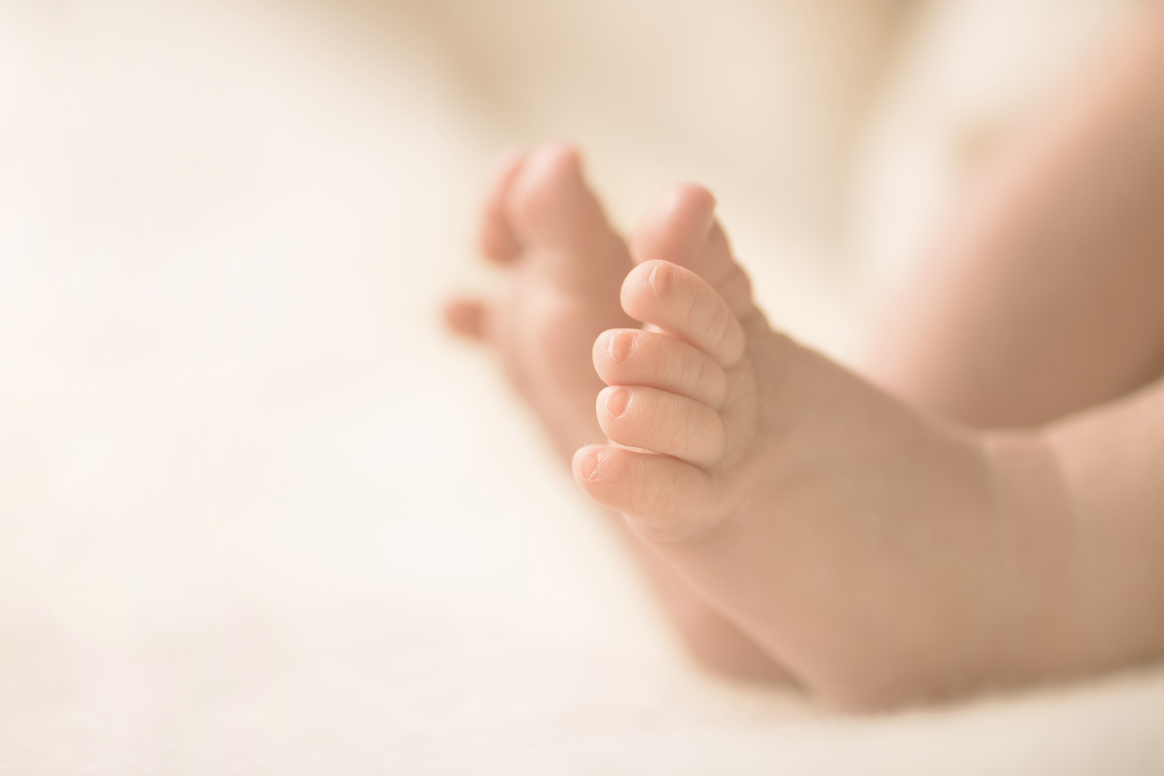
Therapy For Children
The therapeutic help we provide for children is based on the SMART programme which uses movement and play to help children experience a sense of safety, security and regulation in their systems, bringing together techniques from the disciplines of Psychotherapy and Sensory Integration. By drawing on elements from both these areas of practice, it enables the therapist to provide a full expression of both mind and body techniques. Research has shown that working with movement and the body is key in healing trauma and can be highly beneficial for anxiety, depression, stress and sensory based problems; as it supports the restoration of balance in the nervous system and helps bring about long term healing.
By adding a new array of strategies to the standard mental health therapy repertoire, we can better help children become more organised, playful, and expressive in their everyday lives. We can also support caregivers to learn the strategies in the context of the therapy, through working together with the therapist during some sessions.
The help we provide draws on expertise from the worlds of trauma-focused psychotherapy, sensorimotor psychotherapy, sensory integration, play therapy, attachment and family therapy, developmental psychology and human development.
The therapy takes places in a room set up especially for movement and the chid can playfully use big pillows, weighted blankets, gym balls, art materials and other equipment that enable full engagement of the body and mind. Therapy that incorporates movement is essential in the treatment of trauma and has also been shown to be helpful in treating other issues such as anxiety, depression and sensory problems. This approach that is focused on regulating the nervous system and gently developing a greater tolerance to everyday stressors and building overall resilience. We realise that caregivers need support too- and we will work with them to help their child throughout the therapy process and beyond. This can be achieved through participation in their child's therapy, or through private parent guidance work, helping caregivers to benefit from the techniques adopted in the sessions.
To book sessions or discuss your options, please contact andrea@encounter.uk.com
If you would like to see our Children's Service User Guide, please click here.
Latest Posts
- Why is everyone and everything so annoying?02nd June 2019
 One reason for this is because following trauma, your sensory systems often over-register incoming information because they become set on high alert to monitor for danger. This makes it difficult ...
One reason for this is because following trauma, your sensory systems often over-register incoming information because they become set on high alert to monitor for danger. This makes it difficult ... - Birth Trauma -“I feel like a zombie!!”30th May 2019
 A traumatic birth experience can leave you not only feeling battered and bruised but also detached from your body and your old self. Journalist Leah McLaren said she, ‘felt weirdly ...
A traumatic birth experience can leave you not only feeling battered and bruised but also detached from your body and your old self. Journalist Leah McLaren said she, ‘felt weirdly ... - Trauma Isn’t Just In Your Head12th May 2019
 When a person has experienced trauma, whether that is an acute event or ongoing chronic life stressors, it can change their physiology – including resetting the brain’s alarm system – ...
When a person has experienced trauma, whether that is an acute event or ongoing chronic life stressors, it can change their physiology – including resetting the brain’s alarm system – ...
